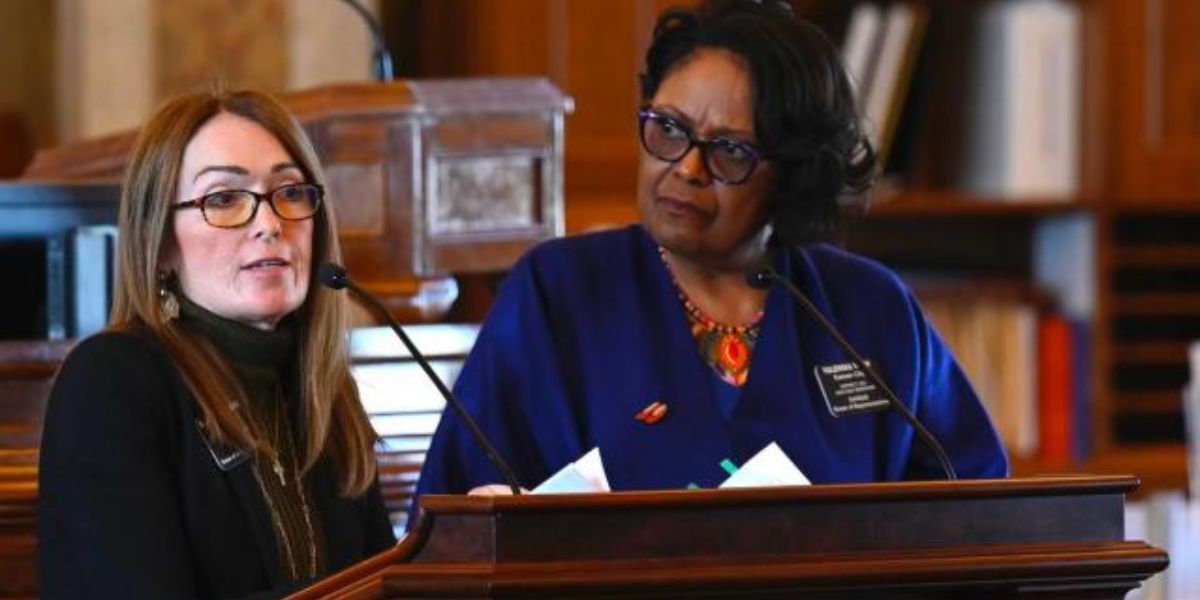Budget Backlash: Kansas Senate Blocks K-12 Funding Amid Special ED Controversy
The Kansas Senate recently rejected a proposed budget for K-12 schools, amid fierce opposition mostly from public education groups. The proposed budget, which had earlier gotten narrow approval from the House, aimed to fully support schools and invest $77.5 million in new funds for special education. However, the budget experienced pushback due to revisions in the way the state calculates special education spending.
Public education organizations, including the Kansas Association of School Boards and the Kansas National Educators Association, rejected the legislation, describing it as an accounting technique that fails to provide enough money for impaired students. They stated that the bill lacked a long-term plan for fully funding special education and depended on accounting gimmicks.
The rejection of the bill means that the Legislature will likely adjourn for a weeks-long break without adopting money for public schools. In recent years, there has been a growing demand for additional special education funding, with Democratic Governor Laura Kelly proposing a major injection of $375 million over the next five years.
However, the law designed by Republicans granted only $77.5 million in additional cash while including local discretionary monies into the state’s special education spending calculation. This action, perceived as a strategy to achieve budget requirements without large funding increases, sparked criticism from both Democrats and Republicans.
Some Republicans joined Democrats in rejecting the package, expressing fears that it would affect local school districts and potentially lead to underfunding of special education in the future. The adjustments in the special education formula were characterized as “a shell game” by one Republican congressman.
Senate Democrats also voiced their disapproval, emphasizing concerns about the possible harmful impact on districts across the state. They argued that the bill had not been fully reviewed and could have adverse implications.
On the other hand, Republican proponents supported the bill, emphasizing that the money were intended for special education pupils and should be spent properly. They wanted to ensure that special education monies are allocated effectively and not diverted for other purposes.
Kansas’ fight over special education funding parallels larger discussions about education financing and resource allocation. As the Legislature takes a break without settling this problem, the future of special education funding in the state is unknown.











